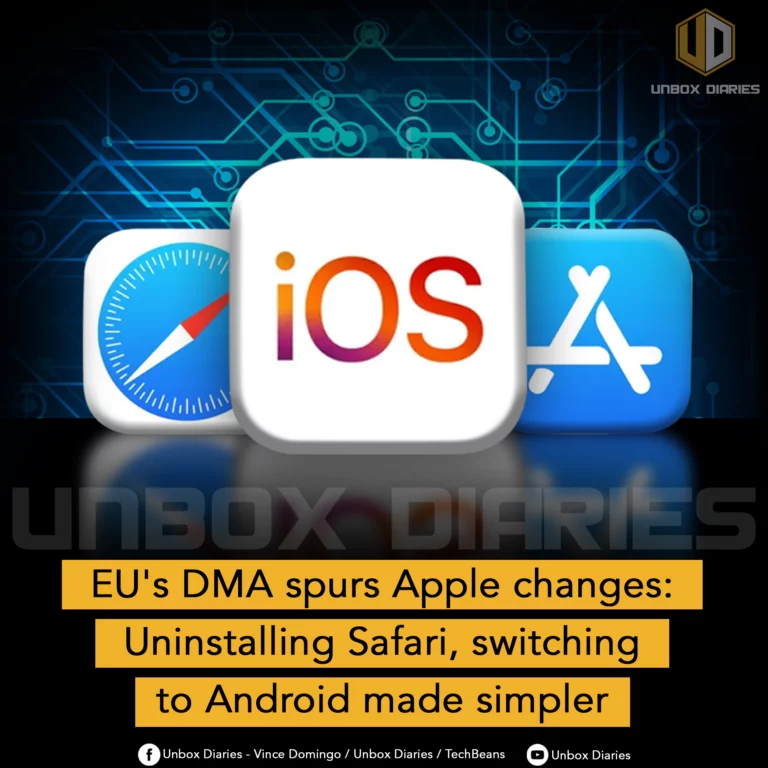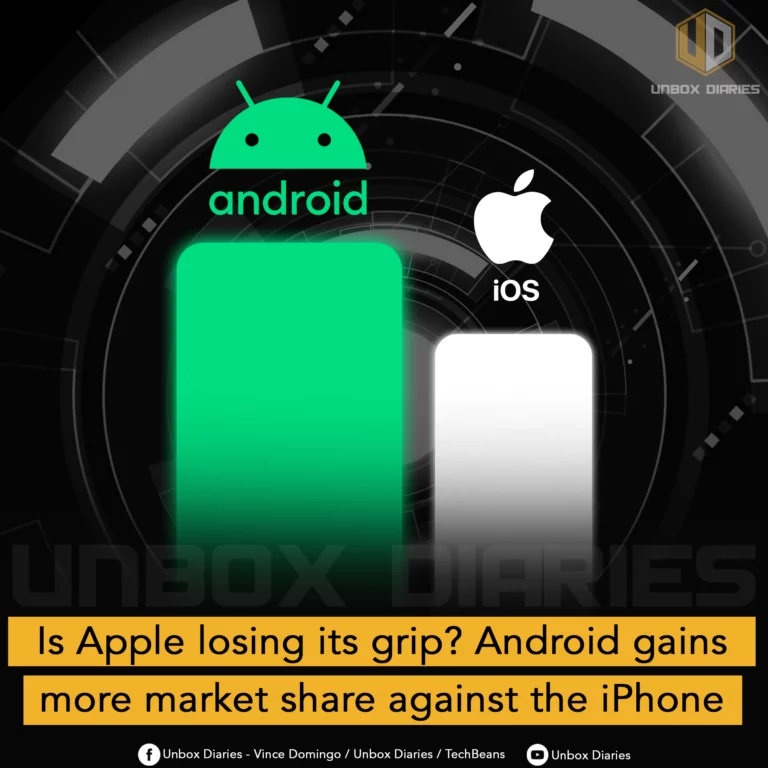The European Union’s recently enacted Digital Markets Act (DMA) is having a significant impact on Apple’s mobile ecosystem, particularly in the European market.
The DMA, designed to promote fairer competition within the digital landscape, has compelled Apple to adopt several user-centric changes.
One of the most notable changes is the allowance of third-party app stores on iOS devices within the EU. This move departs from Apple’s traditionally closed system and offers users greater choice in app distribution. Additionally, the DMA has mandated compatibility with alternative browser rendering engines and the inclusion of non-Apple payment systems within in-app purchases.
However, the DMA’s influence extends beyond these initial requirements. A recently published compliance document reveals Apple’s plans to facilitate easier data transfer between iPhones and Android devices by Fall 2025. This signifies a shift towards a more interoperable mobile environment, potentially benefiting users who wish to switch ecosystems.
Furthermore, the DMA is fostering enhanced data portability within the iOS ecosystem itself. Users in the EU will gain the ability to transfer data between browsers and potentially change their default navigation app by early 2025. Notably, the compliance document also indicates the possibility of completely uninstalling Safari, offering greater control over device functionality.
It is important to acknowledge the potential geographic limitations of these changes. As the DMA is an EU regulation, these user-centric features may initially be restricted to the European market. Prior implementations, such as the ability for third-party app stores, demonstrate this regional focus.
Overall, the DMA represents a significant step towards a more open and user-friendly Apple ecosystem, particularly for users within the European Union. The potential for broader implementation of these functionalities remains to be seen, but the DMA’s influence on Apple’s approach to user experience is undeniable.















